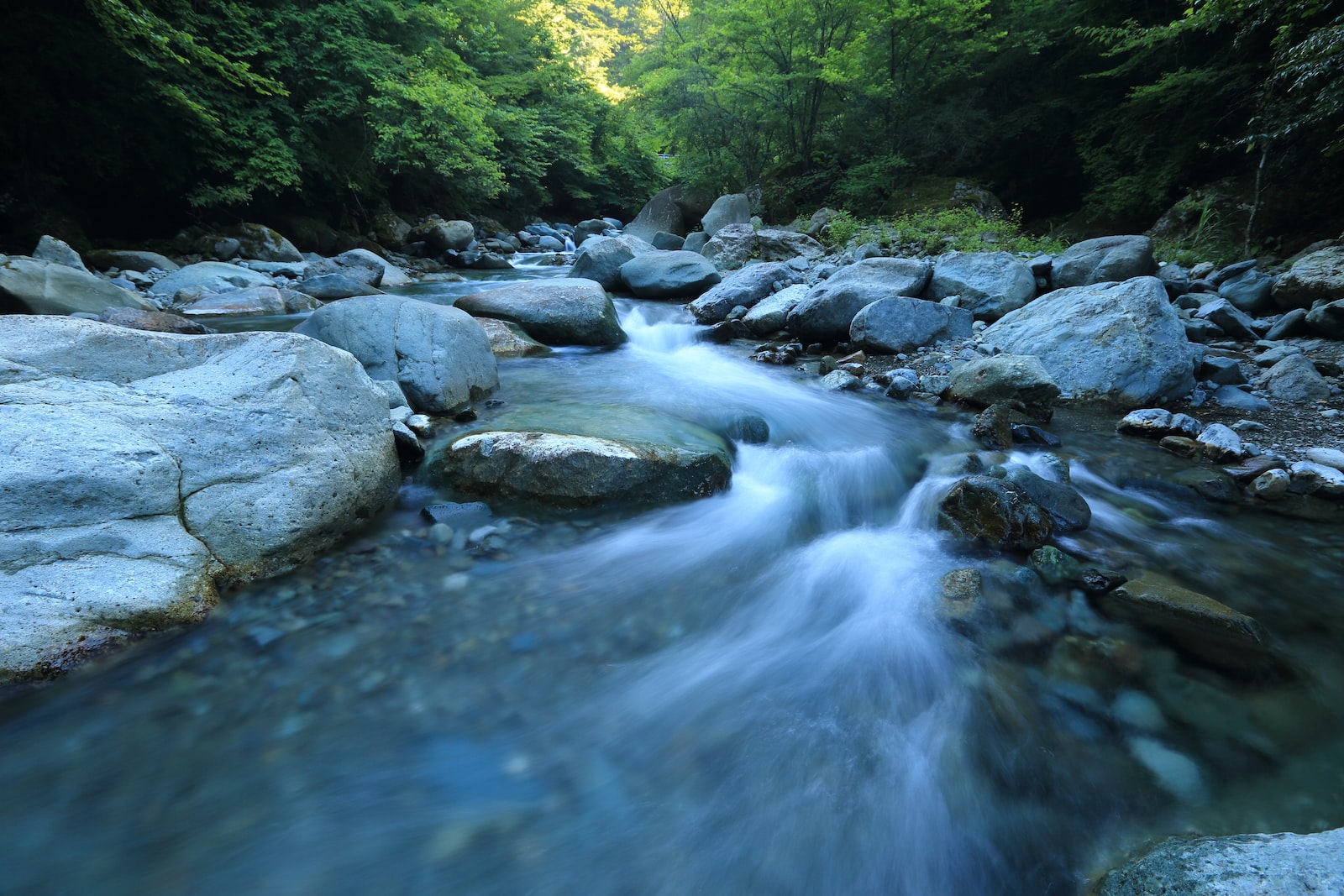Have you ever enjoyed an activity so much that you lost track of time and your sense of self seemed to disappear? Athletes describe this feeling as being in the zone, and psychologists call this mental state, flow or peak experiences. We experience flow when we effortlessly concentrate on an activity that requires our full attention. For some, this occurs when reading a book, socializing, or playing a game of chess.
Pick Manageable Goals
Flow tends to occur when we have a clear set of goals that have appropriate responses such as a game of chess that also allows for immediate feedback. Achieving flow is also dependent upon one’s skills and the challenges that they are faced with. It is difficult to achieve flow if someone does not have the skills to accomplish a set goal. For example, if someone wants to learn the fiddle and doesn’t know the difference between a G and D string, this will cause anxiety because this activity is much too challenging. However, if someone is an expert at the fiddle and is asked to play, “Happy Birthday!” then the result is boredom. So pick appropriate goals that help you to expand your skill-set and build upon your existing knowledge.
Find Your Sweet Spot
According to the arousal theory of motivation, every individual has a unique baseline that leads them to perform at optimum levels. When we become overly aroused, we seek out activities that may soothe us like reading a book or taking a walk. If we are under-aroused, then we may seek out activities to energize us like a cup of coffee or talking to friends. Every individual has a unique optimum level of arousal, and this level of arousal can impact our performance. This is known as the Yerkes-Dodson Law. The law states that increased arousal level will improve performance but only to a certain point and then overarousal will lead to deficits in performance. There are many other factors that impact the individual because an individual’s optimum arousal level can change depending on whether or not the task is simple or complex or whether or not you are an introvert or extrovert. An introvert can achieve better results in solitude or small groups, whereas an extrovert thrives surrounded by lots of people and stimuli.
So test it out and see what works best for you depending on what you are trying to accomplish! If you exercise better with lots of people around, go to the gym during the peak times. If you write better in solitude, write at home with the door closed to avoid distractions. Getting in the zone is much easier to attain when we know how our arousal levels impact our performance.
Learn To Master Your Attention
Where you choose to place your visual attention can impact the efficiency of your goals as well as the ability to accomplish them. Keep your eye on the prize and narrowing your attention can help you to concentrate on what you are working on. Focusing on one thing at a time as opposed to multitasking leads to more productivity and quality learning from the feedback of the task at hand.
If you have difficulty concentrating, then you can try meditative practices or slowly build the amount of the time you devote to practicing.
Organize Your Time
Be deliberate about what times work best for you! If you write better in the morning, wake up and do it! If you exercise better in the afternoon, then plan your day accordingly. Be selfish about your time and organize your day around what works best with your physiology.
Enjoy Yourself
Mihaly Csikszentmihalyi was one of the first psychologists to study flow and coin this term. He studied individuals that experience the most flow and found that that there was a cluster of personality traits that were associated with being more prone to achieve flow. He calls this the autotelic personality and includes traits such as curiosity, low self-centeredness, and a desire to perform activities for intrinsic reasons only. These people enjoy activities for their own sake and have a preference for challenging activities that encourage them to grow. Because these individuals are not motivated by external rewards, they are very autonomous and independence because they are not easily swayed by social threats or rewards. However, at the same time, they are completely immersed in their surroundings and environment. Mihaly Csikszentmihalyi also describes these individuals as having little power, fame, and needing little because their activities are already rewarding as it is.
So focus on what you enjoy doing for its’ own sake. Don’t engage in activities just because it gives you status or any other kind of external rewards.
